Ways To Add Protein As A Vegetarian
Did you know every cell in the body contains protein? Protein is an essential component of everyone’s dietsince sufficient protein intake allows individuals to repair damaged cells and make new ones. Protein is also excellent for giving the body energy. When most individuals think about ways to include protein in their diet, chances are their minds will turn to options such as chicken, turkey, fish, and other meat sources. Because of the prevalence of protein in meat, it is essential for those who cannot eat or choose not to eat meat to pay closer attention to their food so they can be assured they are consuming enough protein.
With this in mind, here are some excellent ways to include protein as a vegetarian.
Sprinkle In Spirulina
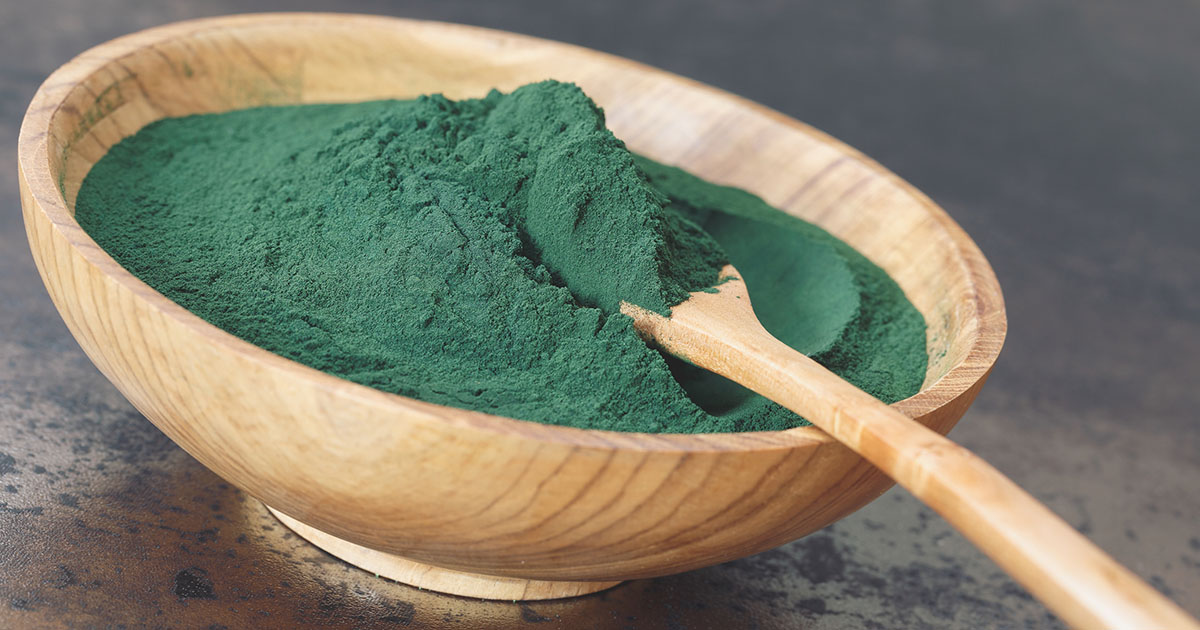
Spirulinais perhaps, gram per gram, the most nutritious food out there. Among its array of nutrients and accompanying benefits is the fact that for every seven grams of spirulina, individuals can expect four grams of protein. This makes it perfect as a quick source of protein and makes it an ideal addition to anyone’s diet, but particularly those concerned about protein intake, such as vegetarians. The only downside is how to include spirulina in a diet, but thankfully it makes for an excellent addition to morning and post-workout smoothies, giving the protein boost needed for lasting energy and muscle building and repair.
For more information on how Organic Spirulina Powder benefits smoothies and health, check out Top Ingredients To Add To Your Smoothie To Boost Your Health.
Pack In Protein Powder
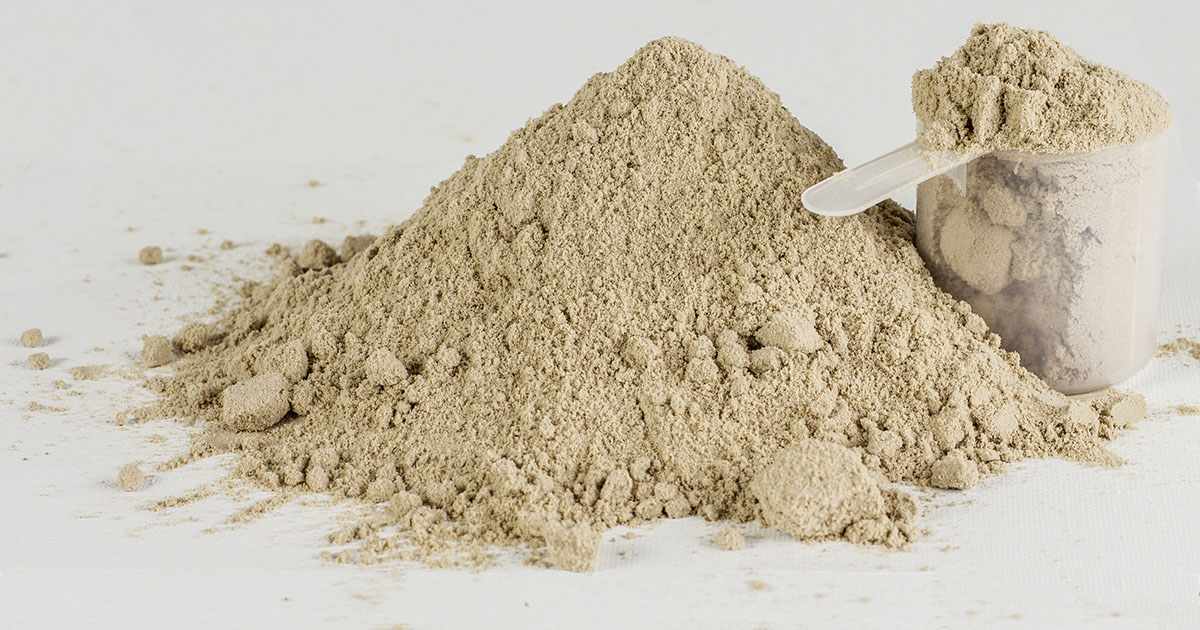
This one is a classic and is evident by the name: protein powder is an excellent source of protein. Protein powder is particularly popular among athletes and exercise enthusiasts for post-workout recovery, but it can also help vegetarians consume the protein they are missing out on through traditional meat sources. Protein powder is most commonly used in smoothies for easy consumption after exercise, but some individuals also choose to mix in small amounts in their meals, such as in eggs, sauces, and even on cereal in some instances.
The amount of protein in protein powder varies based on the specific brand as well as what ingredients they use to make the powder, but individuals can expect to see numbers such as twenty to thirty grams of protein per serving. Natural Force Organic Why Protein Powderhas 20 grams of undenatured whey protein per scoop and is unflavored. Choose the powder (and flavor) right for you and your intended use (e.g., do not put strawberry protein powder into eggs).
Ch-Ch-Ch-Chia Seeds
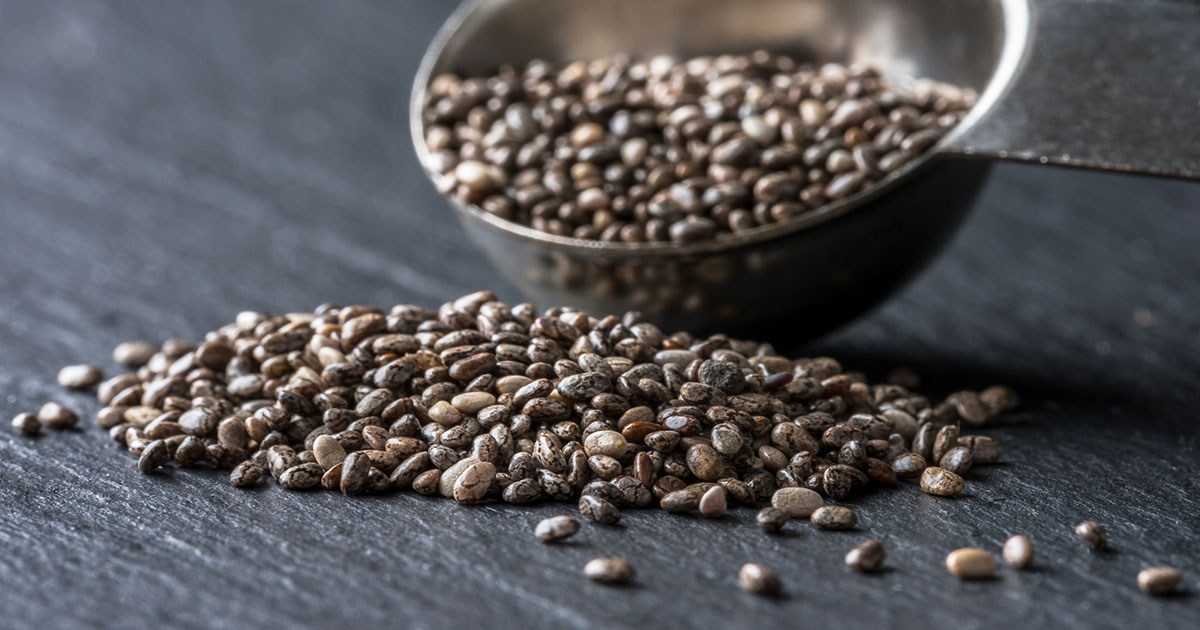
Chia seeds may be tiny, but they certainly pack a nutritional punch, particularly when it comes to protein. One serving of chia seeds is equal to twenty-eight grams, and with the one serving, you can get 5.6 grams of protein. The only downside to chia seeds, when compared to some other items on this list, is they are not as versatile, but there are still many things you can do with them, such as making chia pudding, replacing eggs in baking, and using them in a smoothie. They can be eaten raw, and on their own, however, it is important to soak them in water first if this is the route you wish to take.
Get Cheesy With Nutritional Yeast
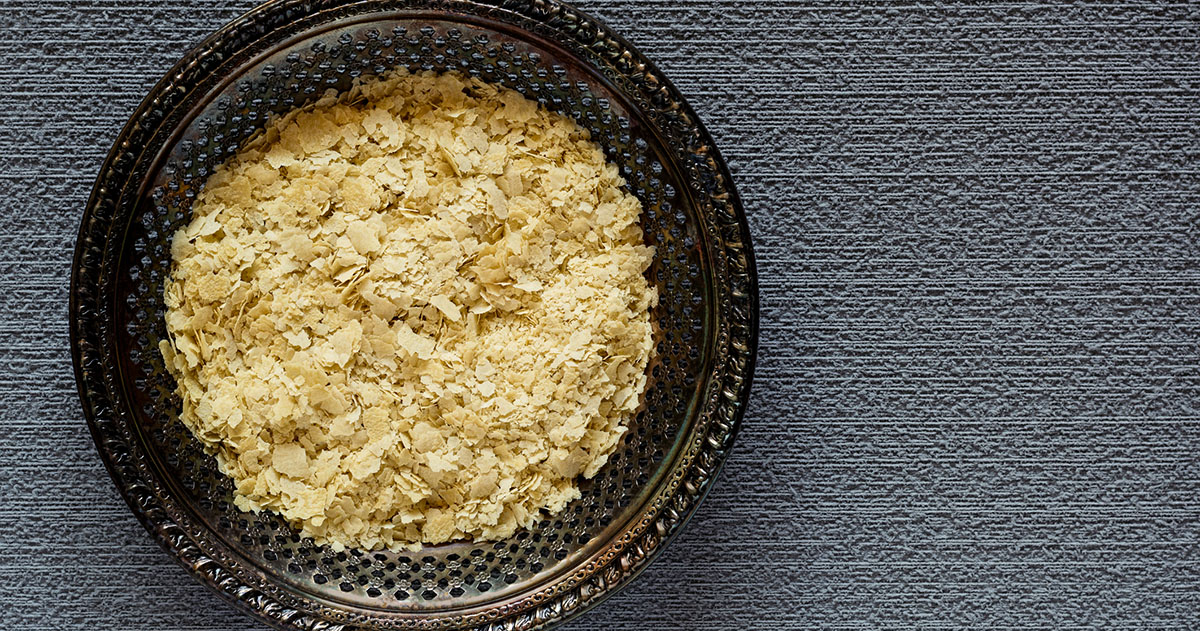
Nutritional yeast, as its name suggests, has a lot of nutritional value. Individuals can expect eight grams of protein for every sixteen grams of nutritional yeast. It is also considered a complete protein since it contains all essential amino acids. This product is also known for its cheesy flavor, which makes it a perfect substitute for parmesan cheese on spaghetti, garlic bread, and even replacing the manufactured cheese powder in most boxed versions of macaroni and cheese. In fact, many people use it when making macaroni and cheese from scratch, so they also know their dish will be nutritious as well as delicious.
With its protein content and flavor, the only things working against nutritional yeast are its simple appearance (it usually comes in flakes or a crumbled powder) as well as its unappetizing name. But do not let that stop you from getting cheesy with this excellent source of protein for vegetarians!
Crack Some Eggs
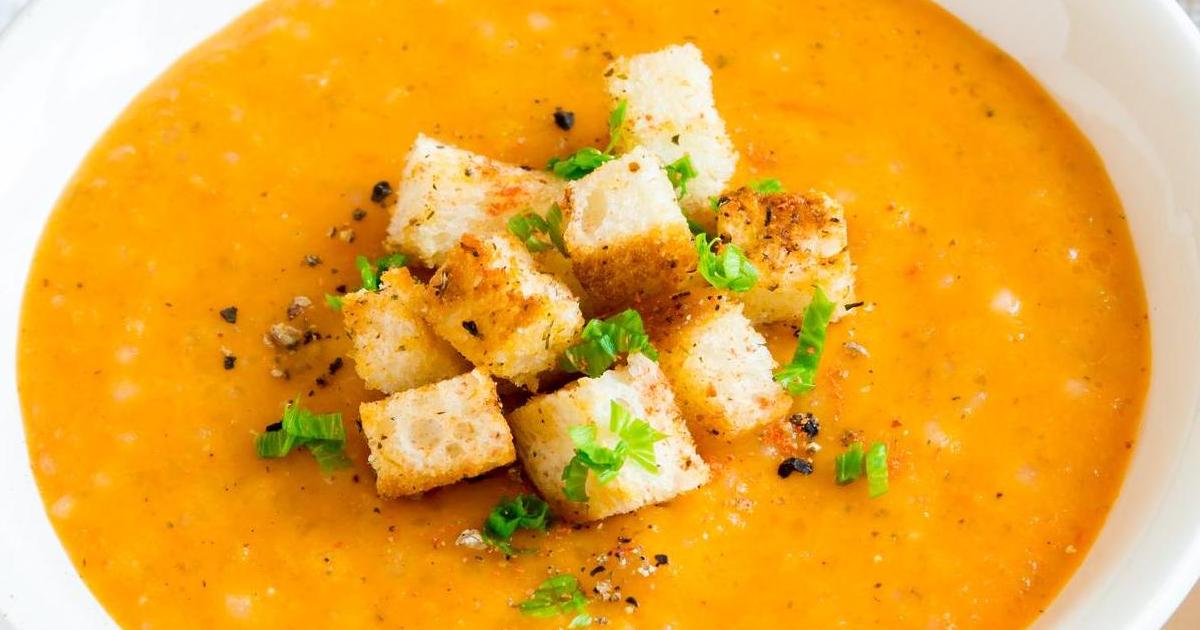
Eggs are considered a complete protein, as they contain all essential amino acids. Having all essential amino acids in one source is significant, as the body cannot synthesize them from sources other than food. Vegetarians can get up to six grams of protein per egg, depending on its size and grade quality. It is important to consume all of the egg rather than separating the egg white and yolk and only eating one considering the protein found in eggs is in both components. Consider an egg storage container for keeping eggs fresh and secure in the refrigerator.
There are many different ways vegetarians can cook eggs, such as frying (e.g., sunny side up or over easy), scrambling, boiling (hard or soft), baking, poaching, and even as an omelet. The sheer number of ways to cook eggs, including the various spices and other additions, make it incredibly easy for everyone, especially vegetarians, to incorporate eggs into their diet.
Continue reading to toughen the body with more protein.
Toughen Up With Tofu
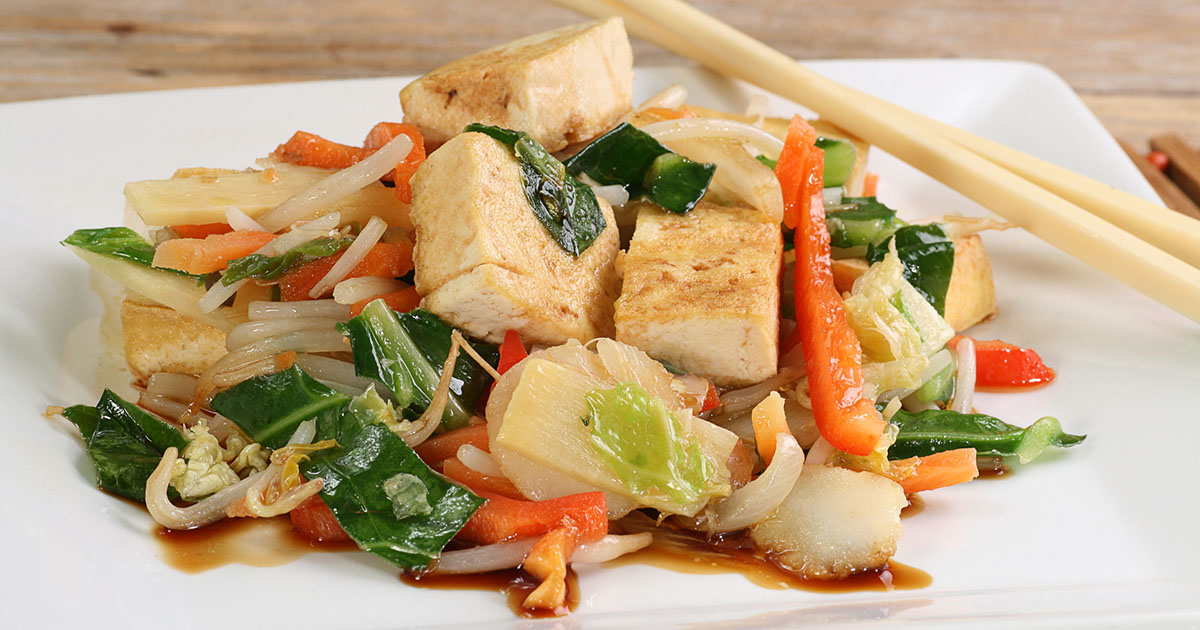
Tofu gets a bad reputation in the general population, but it is a fantastic addition to a vegetarian diet. It is made from soybean curd, is naturally gluten-free, contains no cholesterol, and is low in calories. But one of the best things about it, for vegetarians at least, is its protein content, and just like eggs, tofu is a complete protein. Vegetarians can expect to consume eight grams of protein per one hundred gram serving of tofu.
Individuals can purchase tofu in numerous forms, such as fresh, frozen, and freeze-dried. Tofu does not usually require much cooking, so try looking for brands with short ingredient lists where possible. Tofu is also quite flexible regarding the recipes it can be included in, but it can be flavorless (a big reason behind the aforementioned lousy reputation), which means adding spices is essential for a good meal with tofu.
Let's find out other ways to add protein to a vegetarian diet.
Lie Back With Legumes
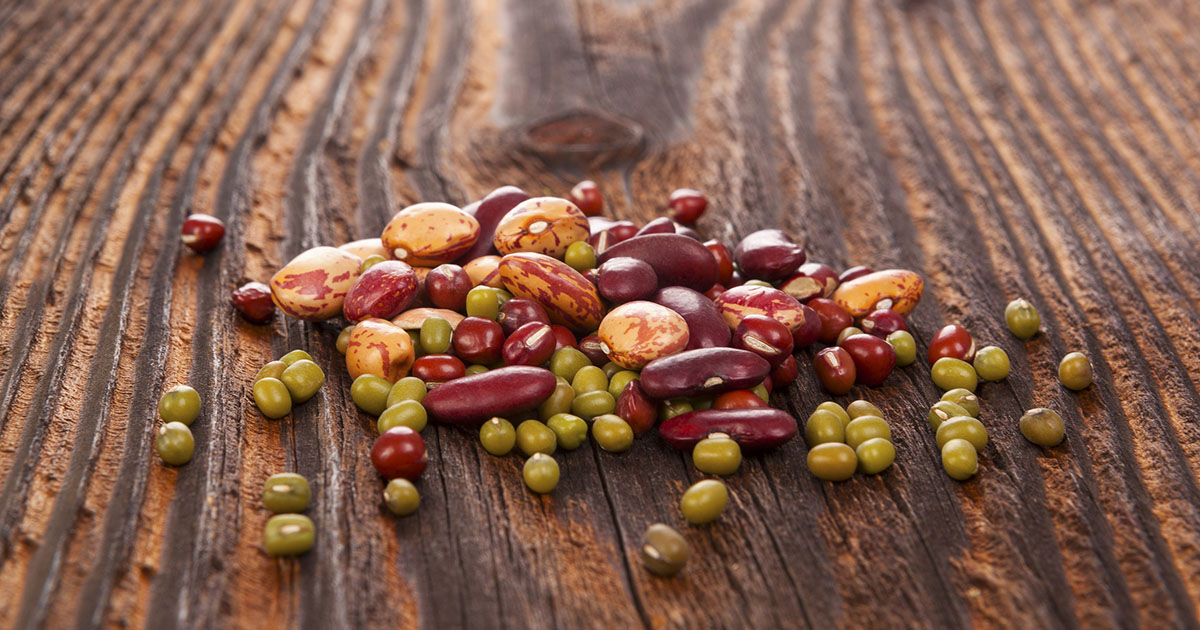
When it comes to vegetables, perhaps the best source of protein comes from legumes (a class of vegetables). Legumes include beans, peas, as well as lentils, and happen to be not only quite cheap and incredibly versatile, but also high in protein. The protein content does vary based on each different legume. For simplicity, let's examine three popular legumes: black turtle beans, lentils, and chickpeas. Black turtle beans, also termed black beans, contain approximately 7.62 grams of protein per eighty-six grams. Lentils contain roughly nine grams of protein per hundred grams, and cooked chickpeas contain a whopping fifteen grams of protein per cup. Since legumes tend to contain less fat and cholesterol than many types of meat, many claim they are healthier sources of protein.
Legumes make for the perfect addition to soup and chilis. Black beans are similarand are also great in burritos, chickpeas are the main component of hummus and make a great topping in salads, and lentils are great in pasta sauces as well as in dips with some added spices. While legumes alone may not be complete proteins, combining them with a few simple ingredients can make them that way, such as chickpeas in most hummus recipes.
Going For Greek Yogurt

Yogurt has more protein than other dairy products, specifically milk, but when it comes to choosing the best yogurt to boost protein intake, the answer is Greek. Greek yogurt is similar to regular yogurt, except for the added straining step, which filters out excess water, lactose, sugar, and other minerals. Thus, what is left is a thicker, creamier yogurt with less sugar and carbs. Furthermore, most Greek yogurt brands have more protein than regular yogurt. Although the exact protein content can vary slightly between brands, one hundred grams of Greek yogurt, on average will contain approximately ten grams of protein.
You can consume Greek yogurt on its own, of course, or mix it in a smoothie or with granola and fruit. Some individuals even find plain Greek yogurt is an excellent substitute for ingredients, such as sour cream in specific baking recipes. Whatever the choice may be, going for Greek yogurt is a superb and simple way to add protein without consuming meat.